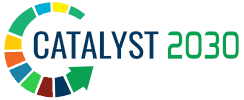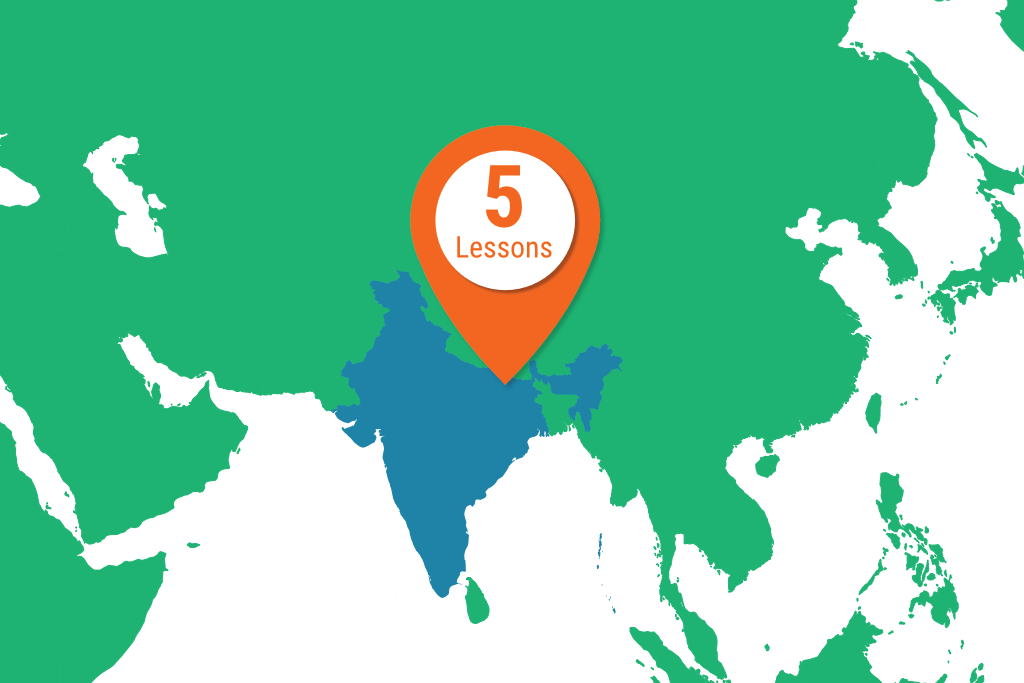On 15 December 2022, Dasra and Catalyst 2030 co-hosted the second in a series of global conversations for funders on the future of funding systems change (see the findings from the first salon post). The conversation convened donors operating in India, to gather their feedback on the NGO urgent letter. The letter, which was led by social entrepreneurs and gained over 1,100 signatures, calls for ten shifts in funding practice. These include providing multi-year, unrestricted funding; simplifying reporting and application procedures; and embracing a systems change mindset.
This Donor Salon assembled Indian philanthropists and funding organisations to discuss these principles and consider what they would mean in practice for philanthropists and civil society in India. We are deeply appreciative of those who participated in this discussion and are paving the way for a new model of funding, in partnership with grantees and proximate leaders.
Here are five takeaways from the conversation:
1. Local ecosystems of donors are crucial
Funders in India need to work closely with one another to shift funding practice. A strong ecosystem of funders aligned to a set of principles, will not only facilitate more effective funding practices in India, but will also encourage peer-to-peer accountability of those that commit to a new model of practice. Funders need to feel accountable to this pledge so that they are motivated to implement it. Working together, funders can demonstrate how to fund and utilise peer learning spaces to encourage other funders on their journey to shifting funding practices.
2. Funders need support on how to embrace these principles
For many funders, the shifts required sound great in theory, but knowing how to embrace them in reality is another issue altogether. This by no means suggests funders are not willing, but rather that they need clear examples and references in order to make this shift. Creating a Funder Pledge that provides and signposts learning opportunities is crucial to its successful implementation.
3. We need to commit to using inclusive and empowering language
As a community we need to proactively step away from language that is rooted in oppressive systems, such as capitalism, and which create a sense of ‘us vs them’. If we are to create a pledge, the language we use needs to be empowering and inclusive. For example, terms such as ‘capacity building’ suggest a grantees’ capacity must be built and overlook their ability to address their own challenges.
4. System level change requires us to address corporate giving and CSR policies in India
Current Corporate Social Responsibility (CSR) policies affect the state of philanthropy in India. Amendments made to India’s CSR law over the last three years have limited the ability of CSR donors to make flexible, unrestricted grants to NGOs. They have also increased utilisation constraints and reporting burdens on the implementing NGOs. It is crucial that the Indian funding community and its allies work to bridge the gaps created by this policy. This becomes even more important given the reliance NGOs have historically had on private sector funding in India.
5. This is a journey that funders must fully and emotionally engage with
True change requires more than reading through principles and signing a pledge. It requires funders to fully and emotionally engage with the debate and with their work. Acknowledging this entry point, and preparing for true and honest engagement, is part of the journey itself.
Where do we go next?
Catalyst 2030 will continue to listen and share the feedback from these global, funder-led discussions, to advance funding for systems change. Stay tuned as we work with funders, intermediaries and social entrepreneurs globally to create a funding system that serves us all better. Next stop, Brazil.

